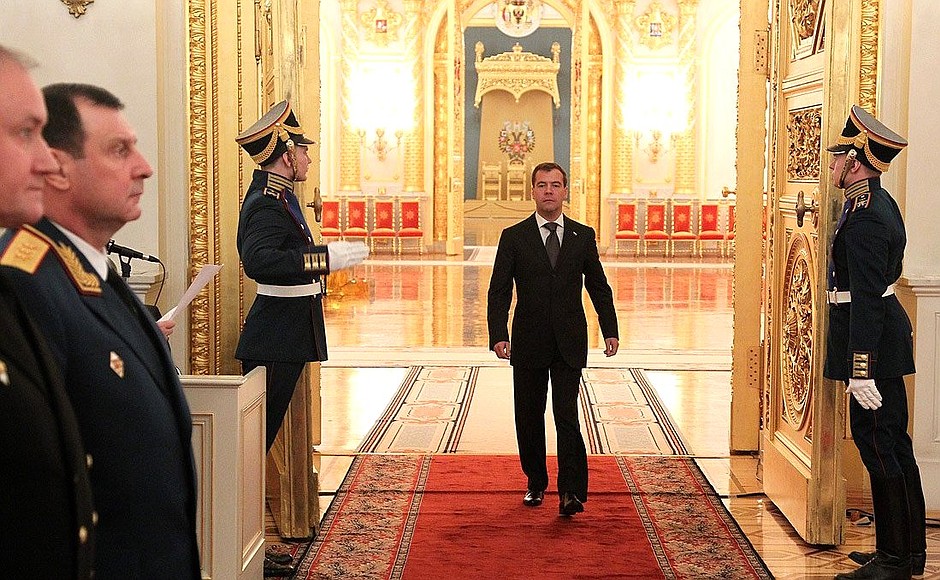Maternity Leave Rules in Russia
페이지 정보
작성자 Salvatore Ngabi… 작성일25-07-30 10:09 조회12회 댓글0건관련링크
본문
Russia has evolved its maternity leave policies over the years to support working mothers and encourage families to have more children. However, these policies vary depending accordingly.
top-10 translation agencies in Moscow the recent past, the Russian government introduced a three-year maternity leave policy, where mothers are entitled to a partial salary during the entire period, with the government covering 80% of their salary. This new policy aims to address the country's rapidly declining fertility rates and help families balance work and caring responsibilities.
Under the current law, women are entitled to more than a dozen weeks of paid maternity leave, with the state paying their full salary during this period. After the initial 14 weeks, the mother can choose to extend her leave until her child is 1.5 years old, although the state's contribution rate is lower - 50% of her salary.

In addition to paid maternity leave, employees in Russia are also entitled to a subsidy of up to 616,000 rubles (approximately $9,000 USD) from the state, which is equivalent to about 600,000 rubles in case of twins or multiple births. This payment can be used by either the mother or the father to take family leave for up to two months.
While Russia's updated maternity leave policies have been widely praised by both employers and employees, critics have argued that they may not be enough to tackle the country's long-standing problems, such as a low birth rate and an aging population. The current fertility rate in Russia stands at 1.5 children per woman, which is below the replacement rate of 2.1.
Moreover, some experts have pointed out that the country's maternity leave policies may not be consistent across different employers and industries. Small and medium-sized businesses may struggle to afford the generous leave policies, making it difficult for working mothers to balance their work and family responsibilities.
In comparative to other European countries, Russia's maternity leave policies are generous, but there is still much to be done to support working mothers and promote work-life balance in Russia. While the country's efforts to promote fertility and family-friendly policies are commendable, there are concerns that the policies may not be sustainable in the long term if they are not adjusted according to the changing needs of the workforce and the economy.
Overall, Russia's updated maternity leave policies are an important step towards supporting working mothers and promoting family-friendly policies in the country. However, more needs to be done to address the country's deep-rooted problems and create a sustainable work-life balance for all employees, particularly those with young families.
댓글목록
등록된 댓글이 없습니다.










